I was at Khoisan Karoo Conservancy in South Africa’s Northern Cape to see the Shy Five, a pentad of extraordinary creatures on the opposite end of the spectrum to the safari industry’s Big Five (leopard, lion, elephant, buffalo and rhino).
The BDI visits the Karoo Gariep Nature Reserve …
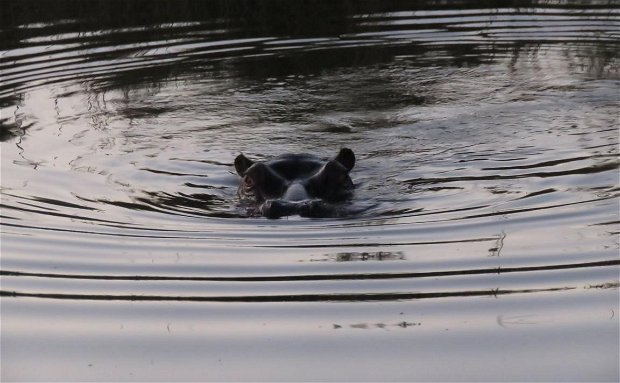
The Seekoei River flows through PC Ferreira’s farm, New Holme, between Hanover and Colesberg in the Northern Cape, South Africa. PC investigated why the river was called the Seekoei (Hippo) River. He found that the last hippos along the Seekoei River had been on his farm, where they had been hunted to extinction in the late 1700s, probably 1778. PC worked for many years to get permission to do a re-introduction, and finally got it right to re-introduce a small group of hippos in 2006. For PC, this was the launch of a passion for conservation, and has transformed the traditional sheep farm of New Holme into a space where biodiversity takes precedence. It has official “nature reserve” status. PC is working with farmers all along the Seekoei River to establish a vast corridor of protected area.
The Karoo Gariep Nature Reserve at the farm New Holme is a locality where the Biodiversity and Development Institute will establish research projects for international and local students. The detailed planning for this is in progress, and we hope to have our first students busy on their projects early in 2020. This trip was part of the planning process. There are massive opportunities for fascinating projects here. Even though New Holme is almost exactly half way between Cape Town and Johannesburg, our accommodation is only 8 km from the N1, and there is a good bus service along this route between the two cities. The bus stops at Hanover, 25 km away.
Besides the business, we had fun …
PC and his family are magnificent hosts. One evening we were treated to a braai at the dam. Here, PC and one of his daughters, Iané, are baking bread over the coals. The dam is a waterbird paradise, and presents its own set of research opportunities.
Even though New Holme is a nature reserve, it is a working farm; PC has greatly reduced stocking rates of sheep below what is the norm for a Karoo farm. Behind the sheep are White-breasted Cormorants, Grey Heron and African Spoonbills. All these species were BirdPixed.
Rick Nuttall, from Bloemfontein, was also visiting New Holme for the weekend. Rick is a serious contributor to the Virtual Museum. And …
… here is the Black-winged Stilt he was stalking! Rick has uploaded this photograph to the BirdPix section of the Virtual Museum; it is curated for posterity at http://vmus.adu.org.za/?vm=BirdPix-79791. The number of species with photographic records in BirdPix for the quarter degree grid cell 3024DC is currently 82. Almost all of these records were made at the Karoo Gariep Nature Reserve. You can see the list by going to http://vmus.adu.org.za/vm_locus_map.php?vm=birdpix&locus=3024DC. On the right hand edge of the table containing the list of species, you can click on “records” and see the photographs which support the inclusion of the species on the list.
The karoo comes to life at night. An after-dinner drive into the veld with PC is an unforgettable experience. He has developed the concept of the “shy five” to rival the “big five”. And even though the Karoo is an arid region, the diversity of nocturnal animals can be astounding. Possible sightings include aardwolf, Cape fox, bat-eared fox, African wildcat, aardvark, porcupine, striped polecat, African striped weasel, and both small and large spotted genets. Really lucky visitors see the tiny and rare black-footed cat.
Here is a porcupine we saw! This is curated in MammalMAP at http://vmus.adu.org.za/?vm=MammalMAP-28073
And here is Rod Green’s record of aardvark! (curated in MammalMAP at http://vmus.adu.org.za/?vm=MammalMAP-28072). Rod, photographer from Port Elizabeth, was also visiting for the weekend. He achieved this result under difficult circumstances!
In a nutshell, the Karoo Gariep Nature Reserve is a remarkable place, and highly recommended. The BDI team looks forward to working closely with PC. Through this interaction we hope to provide research training and opportunities for both international and local students. We hope also to make a substantive contribution to biodiversity conservation in the Karoo.
Further Reading
Angus Begg writes "Piet Cronje ‘PC’ Ferreira says that, after 28 years, his own transformation from farming only to a sustainable farming, conservation and tourism enterprise is complete. Now he’s working with some of the central Karoo’s most troubled municipalities and conservation organisations on an ambitious plan that goes way beyond re-establishing the area’s wildlife and fragile biodiversity."
If you are in love with the outdoors and nature but can’t always get to places like the Greater Kruger, Kgalagadi, Botswana etc you need to find an affordable alternative to keep your photography skills fresh. Recently I was invited by P.C Ferreira to visit him on the Karoo Gariep Private Nature Reserve to see and learn more about his conservation and tourism initiatives. The Karoo is a semi-desert natural region of...
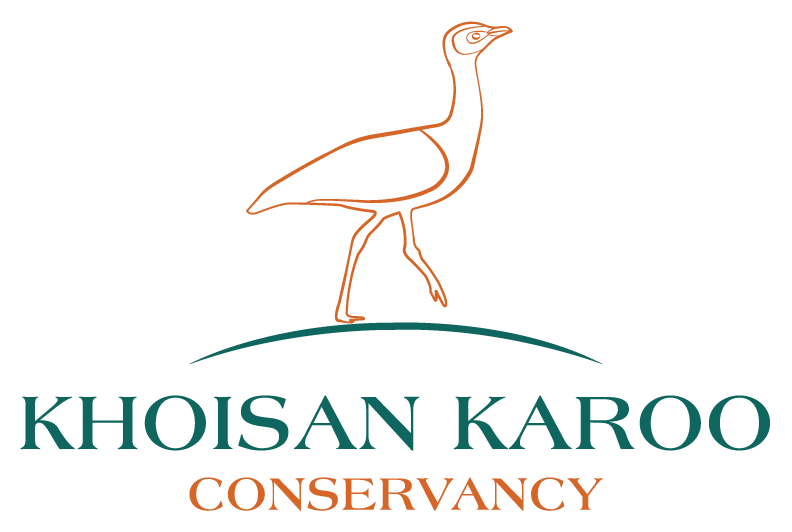
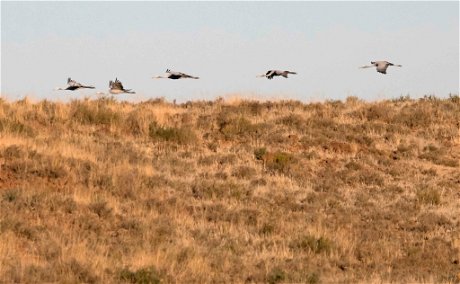
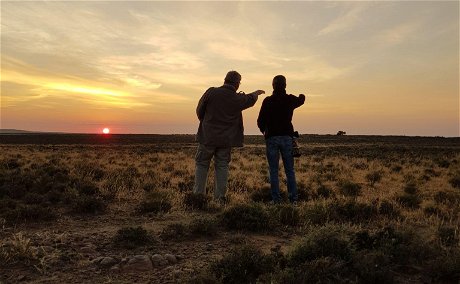
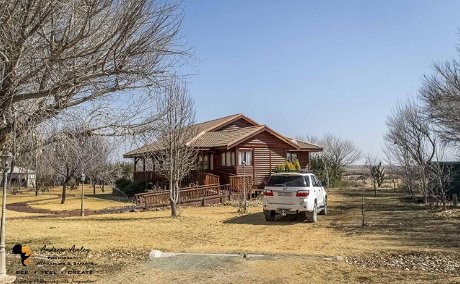

Share This Post